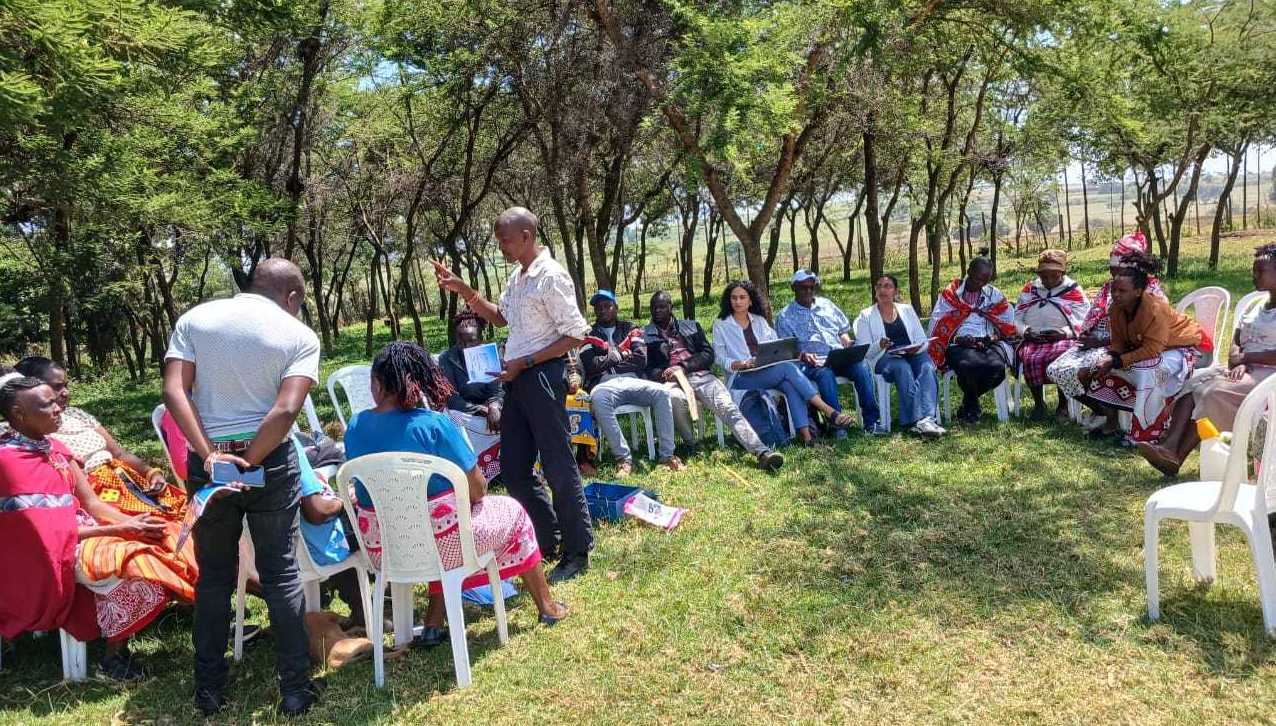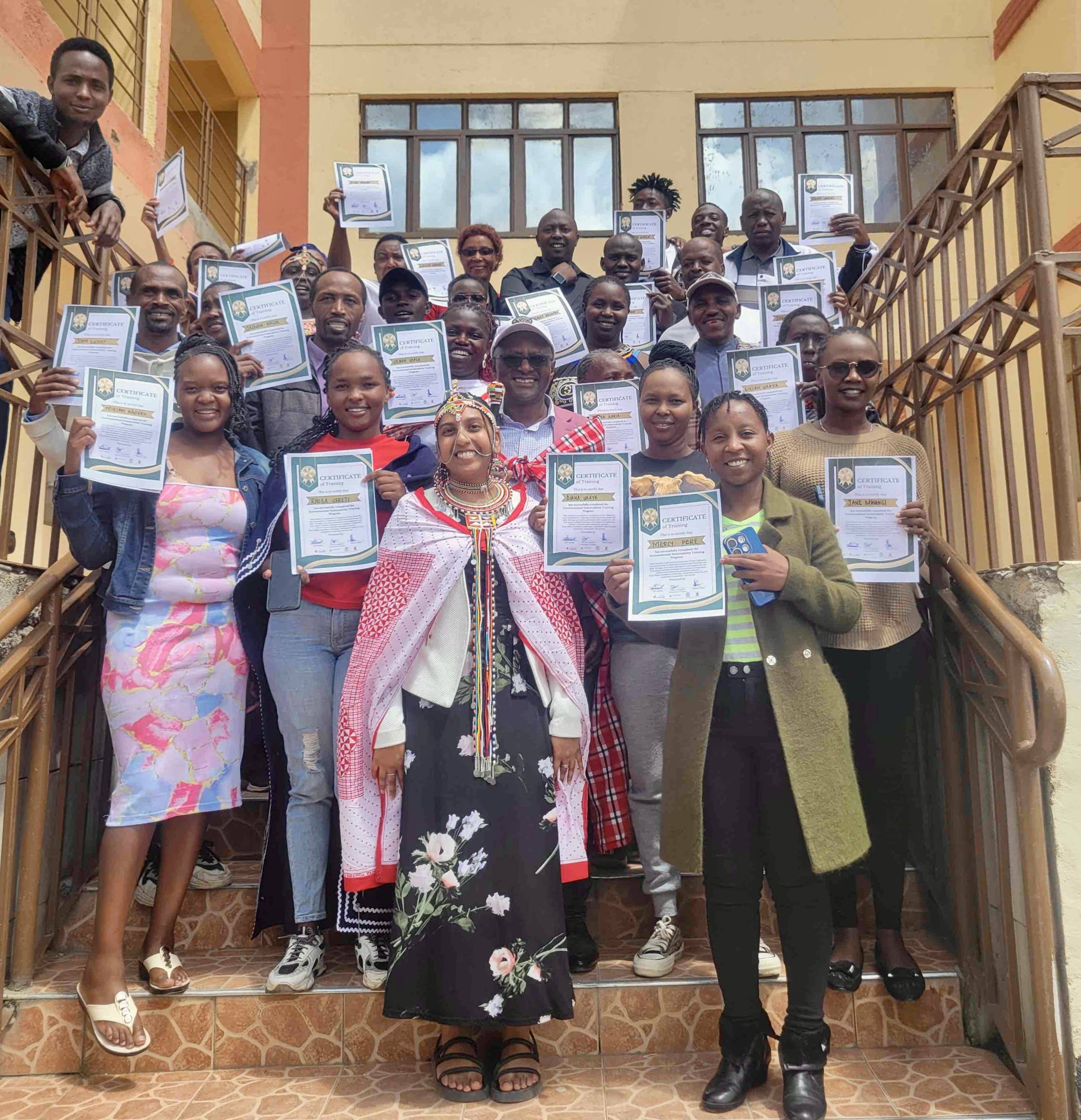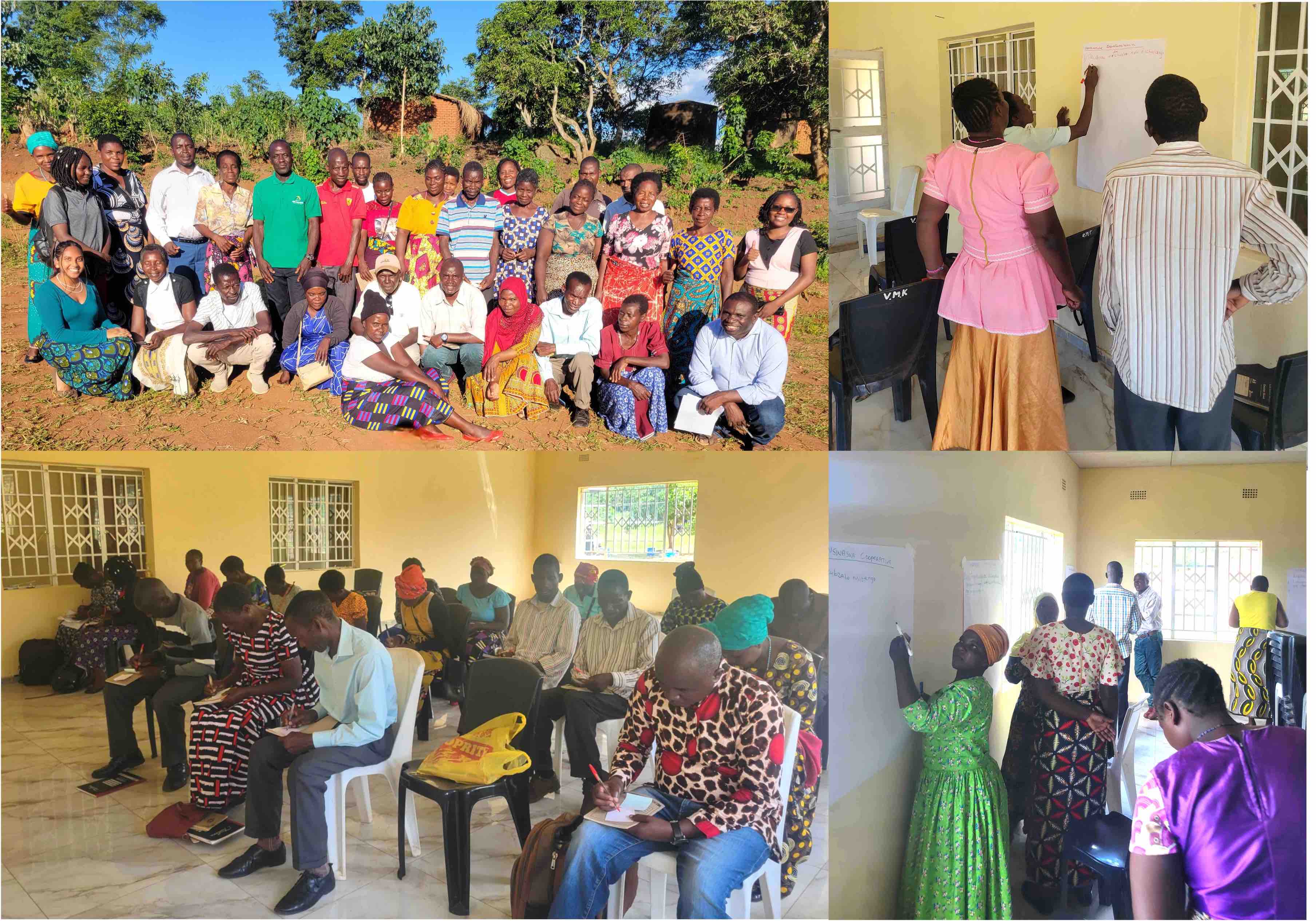From November 2024 to May 2025, I’ve had the incredible opportunity to take my passion for environmental sustainability beyond Canadian borders and volunteer with the Cooperative Development Foundation (CDF) of Canada in both Kenya and Malawi, combining both my passions of traveling and environmentalism. As a long-time volunteer with the Community Climate Council (CCC), this experience allowed me to see firsthand how climate action intersects with international development, community resilience, and cooperative growth.
A cooperative (or co-op) is a group of people who come together to meet a shared need—like farming, saving money, selling products, or getting services—by working as a team. Unlike a regular business where profits go to the owners or investors, in a cooperative :
Examples include :
Cooperatives are about trust, teamwork, and helping each other grow.

My role as an Environmental Advisor under the VOICE for Women and Girls program was focused on helping cooperatives become more environmentally sustainable. In both countries, I worked directly with local co-ops to conduct environmental needs assessments, facilitate sustainability workshops, and co-develop environmental policies and action plans that reflected their unique environmental challenges and aspirations.

In Kenya, I was based in Narok County, where I collaborated with agricultural, dairy, honey, and beadwork cooperatives. Many of these co-ops had never received formal environmental training before, and yet they were directly impacted by climate change—from erratic rainfall to soil degradation. It was rewarding to see how something as simple as a training on composting, water harvesting, or natural pest control could empower communities to take action. One of the highlights was developing tailored environmental strategies and seeing cooperative members embrace climate-smart agriculture and water conservation techniques with enthusiasm.
In Malawi, I continued this work with cooperatives in both the agricultural and financial sectors. From rice farming and livestock production to SACCOs (Savings and Credit Cooperatives), each group brought unique insights and challenges to the table. What stood out most was the eagerness of participants to learn and lead. I facilitated over six workshops, developed a national environmental curriculum for cooperatives, and supported the creation of environmental policies for both primary co-ops and Malawi Federation of Cooperatives (MAFECO), the apex body for cooperatives in Malawi.

Beyond policy and training, some of the most memorable moments came from informal interactions —attending a youth environmental club celebration, mentoring young women applying for scholarships and internships, and being a guest speaker at a youth event. These moments reminded me that climate work is as much about community-building as it is about technical solutions.
My experience volunteering in international development reinforced that local knowledge is powerful, and that climate solutions must be co-created with the people most impacted. It also reminded me that youth have a vital role to play—not only as learners but as leaders.
To anyone interested in international volunteering: Go for it. Step out of your comfort zone. Listen deeply. Learn with humility. And share your knowledge where it can be most meaningful. Whether it’s through the CCC or abroad, your contributions can make a difference.
As I continue my work with the Community Climate Council here in Canada, I carry with me the stories, relationships, and lessons learned from the co-ops in Kenya and Malawi. Environmental sustainability doesn’t start or end with borders—it grows stronger through connection, collaboration, and shared purpose.
For those interested in learning more about my in-country impacts, here are my reports for Kenya and Malawi. CDF Canada’s VOICE program runs until 2028 and they are always looking for different volunteers. Look on their website for open positions. Additionally, if you have any questions about international volunteering or would like to connect, you can find me on LinkedIn.